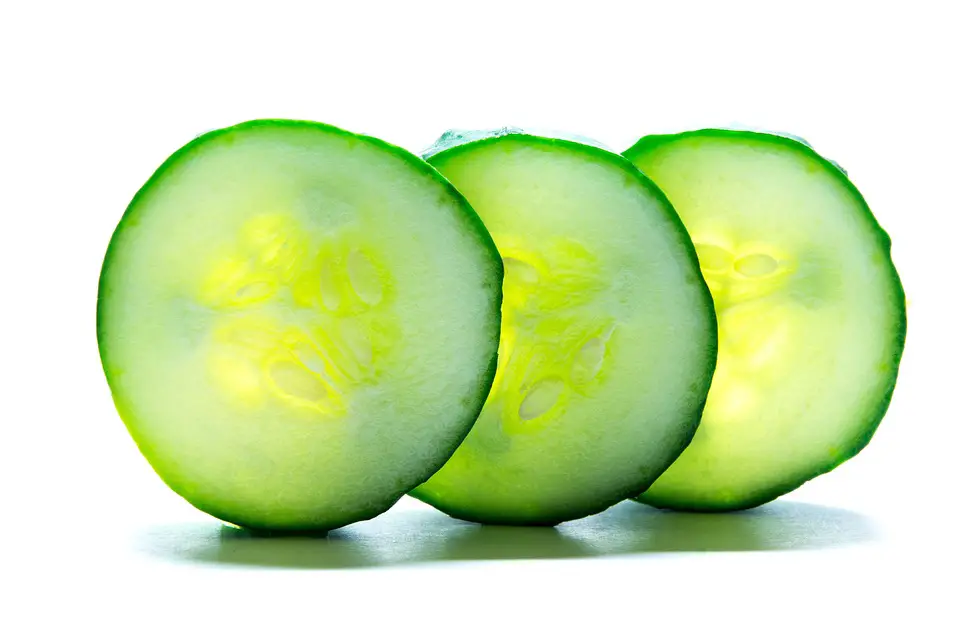Introduction
The Green Revolution has become a significant milestone in the field of agriculture, with greenhouse gardens playing a pivotal role in transforming traditional farming practices.
The Advantages of Greenhouse Gardens
Greenhouse gardens offer numerous advantages over traditional open-field farming methods.
By creating a controlled environment, greenhouse gardens provide protection against extreme weather conditions, pests, and diseases.
This allows farmers to cultivate a wide range of crops regardless of the season, leading to improved biodiversity and increased crop productivity.
Efficient Resource Utilization
One of the key benefits of greenhouse gardens is the efficient use of resources.
By implementing carefully monitored irrigation systems, the amount of water used in cultivation can be significantly reduced compared to traditional farming.
Additionally, the controlled environment minimizes the need for chemical pesticides, resulting in significant environmental benefits.
Year-Round Cultivation
Greenhouse gardens enable year-round cultivation, overcoming the limitations posed by seasonal changes.
By closely monitoring temperature, humidity, and light, farmers can create an optimal growth environment for plants, extending the growing season.
This continuity in production ensures a steady supply of fresh, locally grown produce, contributing to food security and reduced dependency on imports.
Increased Crop Protection
The controlled environment of greenhouse gardens acts as a shield against pests and diseases.
The use of physical barriers, such as screens and nets, protects crops from insects and animals, reducing the need for chemical pesticides.
Additionally, greenhouse gardens prevent cross-contamination with invasive species, thus preserving local ecosystems and biodiversity.
Maximized Crop Yield
With the ability to maintain ideal growing conditions throughout the year, greenhouse gardens offer maximum crop yield.
By optimizing factors like lighting, temperature, and nutrient levels, farmers can achieve accelerated growth and higher-quality produce.
This enhanced productivity not only benefits the farmers economically but also boosts food availability for local communities.
FAQs
1. Are greenhouse gardens environmentally friendly?
Yes, greenhouse gardens are environmentally friendly due to their efficient use of resources and reduced reliance on chemical pesticides.
They have a lower carbon footprint compared to traditional farming methods.
2. Do greenhouse gardens require a lot of maintenance?
While maintaining a greenhouse garden does require regular upkeep, it is manageable with the right knowledge and tools.
Monitoring temperature, humidity, and nutrient levels, as well as periodic pest control, are essential for successful cultivation.
3. Can any crop be grown in a greenhouse garden?
Greenhouse gardens provide a versatile environment that allows the cultivation of a wide range of crops.
However, different crops have specific temperature, humidity, and light requirements, which need to be carefully regulated.
4. Are greenhouse gardens financially viable?
Although the initial investment in setting up a greenhouse garden can be significant, the long-term benefits outweigh the costs.
Higher crop productivity, reduced crop loss, and the ability to cultivate premium-quality products throughout the year ensure financial viability for farmers.




